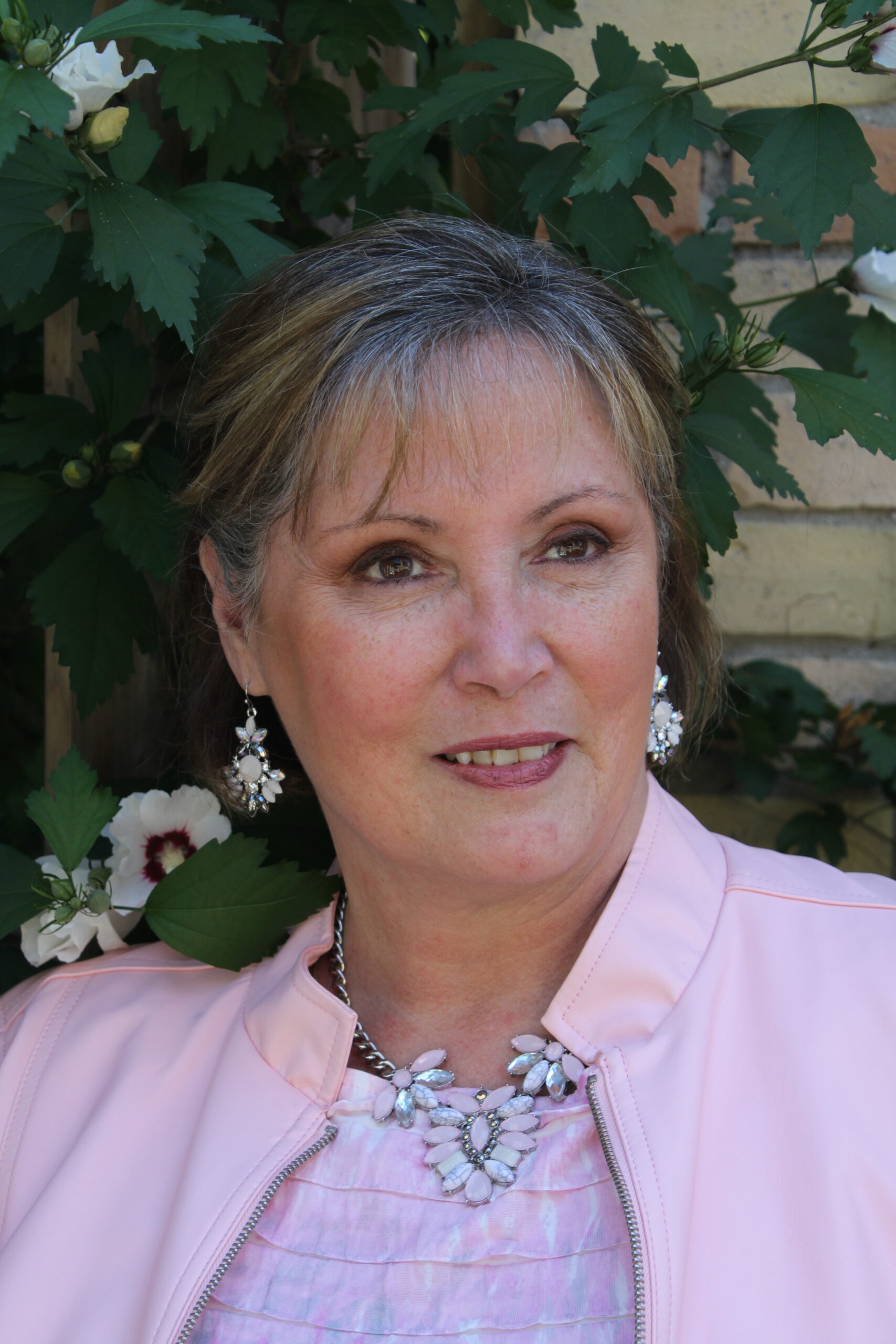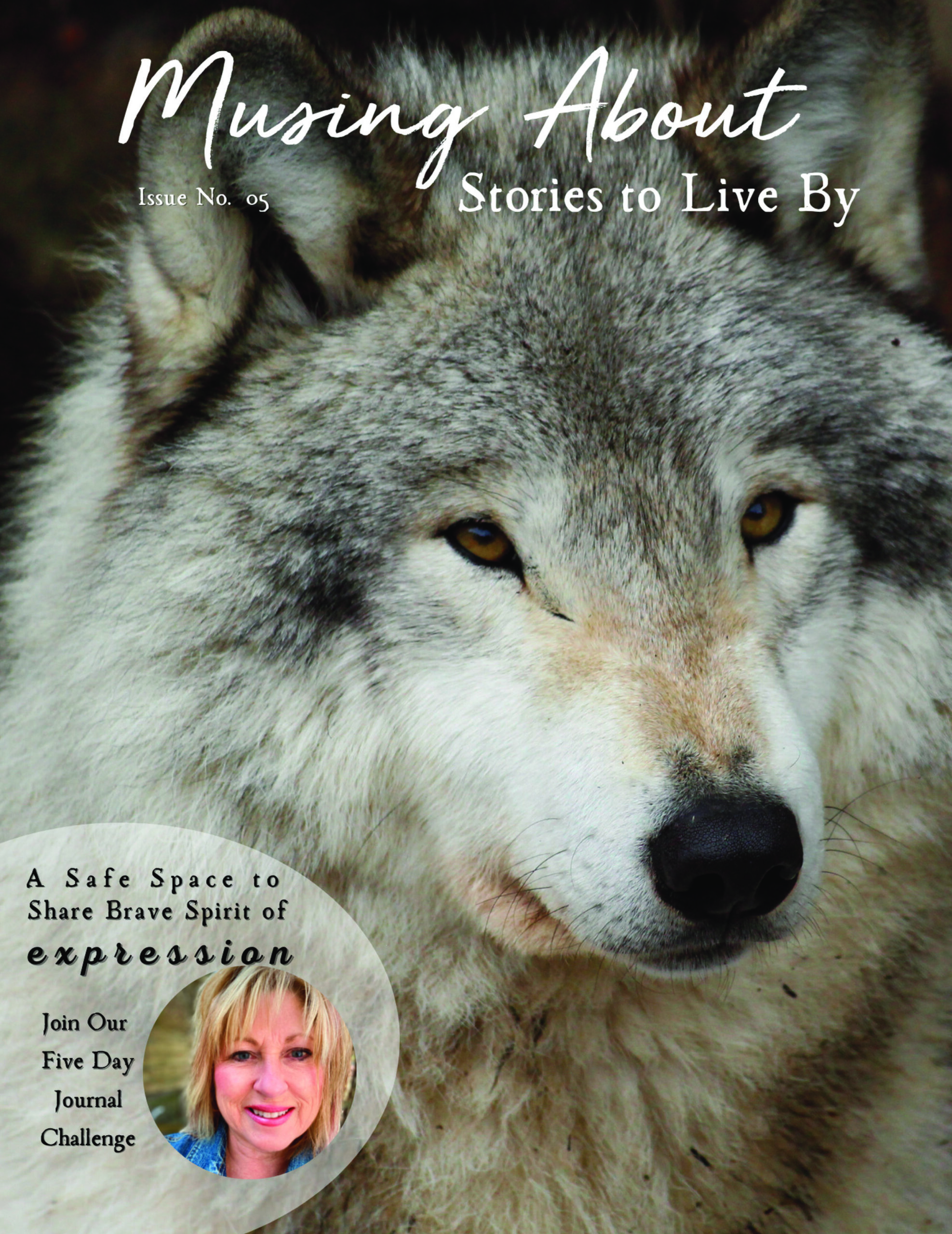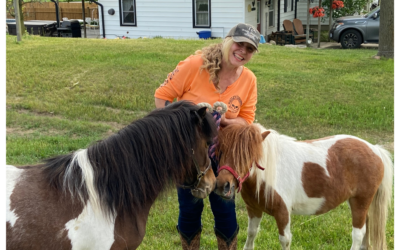Welcome to Part 4 of the Our 6 Part Series
In life, I believe it is important to be able to forgive other people who have hurt us, but we also need to remember to forgive ourselves at times for things we have done or have not done. If you have suddenly been granted to power to forgive…what would be the first step in forgiving?
Let me first explain Forgiveness. Forgiveness is defined as, “an individual, voluntary internal process of letting go of feelings and thoughts of resentment, bitterness, anger, and the need for vengeance and retribution toward someone who we believe has wronged us, including ourselves.” This is according to PositivePsychology.com. (https://positivepsychology.com/forgiveness-benefits/)
A powerful definition to be sure.
As you can see, forgiveness is a choice we all need to incorporate into our lives. Not just forgiving others for their behaviour and actions, but also forgiving ourselves. I find forgiving ourselves for the roles we have played in the harmful situations in our lives is at times more important than forgiving others. If we cannot forgive ourselves, how can we expect to be able to show forgiveness and kindness to others?
One of my former clients, Anna, had a situation in her past where she and her spouse had had a difficult time together. Neither trusted the other with their business life and one partner started to make decisions for the business without discussing it with the other partner. They let their anger, resentment and frustration do the talking, rather than setting things on the table and having an open discussion with the spouse. My client felt left out not only of the business but also in the life she had with her partner. Resentment started to grow, and finally, trust was shattered when she learned she was not consulted on a prominent business deal. Divorce was also discussed.
Anna was beside herself blaming everyone and everything she could think of. Once she finished berating the world for what had happened, she was able to stop her negative thinking and go into a place of observing…she went into “self.” She needed to be an objective observer to not only her behaviour, but the behaviour and actions of those around her. It was here that I asked her to take a solid look at herself, her actions, her speech, her role in the situation. I asked if anything she said or did could have caused the chain reaction that occurred. My purpose here is to have my client think about herself, her thoughts, deeds, and actions.
Next, we examined the others. Keep in mind that we cannot change what has occurred, but we have a choice in how we react to things and people. We looked at the actions, comments, etc., done by the others involved. Slowly a picture began to emerge.
Anna felt she reacted in a less than satisfactory manner, made many off-handed comments, which was part of the catalyst for the decline in communication and business. Once she realized her part, she quickly remade the connections and began explaining what had happened and that she was sorry for her part in the decline of the relationships and the business. Anna asked for forgiveness and was given it by those she loved and worked with. Anna also forgave herself for making such assumptions about others. She had a moment of weakness, which allowed for negativity to take hold and she lost faith not only in those around her but for a time, with herself.
Now that Anna has explained her situation and her actions, the others became more comfortable around her again and they made a deal that despite whatever occurs, they must be honest with each other, they must talk things through and not allow dissention to interfere. The health-pact was made.
Forgiveness is so important in our lives. We have the option to forgive or not to forgive. So what is the point, you may be asking?
If you truly want to forgive it is important to know what forgiveness is not. Forgiveness does not mean we condone, tolerate, pardon or excuse the actions of other people. It is not the action that we must forgive…it is the person. You must also decide if that person is someone you choose to keep within your life.
There are many studies and theories in the world surrounding forgiveness. What I have learned is that first, we must forgive ourselves first and then move on to the transgressions of others towards us.
PositivePsychology.com, says there are 9 Benefits of Forgiveness.
Instead of wanting revenge, research has shown that forgiving ourselves is now recognized as part of treatment for trauma as well as in the field of positive psychology.
PositivePsychology.com states that Forgiveness can have an impact on our overall wellbeing and includes the following benefits:
- A reduction of depressive symptoms and negative affect
- It restores our positive thinking
- It restores wanted relationships
- Forgiveness reduces anxiety
- Strengthens our spirituality
- Raises our own self-esteem
- Creates a greater sense of hope
- Instills a larger capacity for conflict management
- Creates a greater ability to cope with stress and helps us find relief.
Through forgiveness, we emerge as more confident people, with a more assertive attitude towards ourselves when dealing with others and difficult situations, as well as informing other people that we deserve respect when both parties are willing to forgive.
Once completing this exercise with me, Anna was able to rebuild a stronger and better life not only with her spouse but with her business associates as well. They all had a better understanding and awareness of the other person. They knew where the triggers were, how to handle or avoid them. Grace, Abundance and Beautiful success can be theirs by knowing how to and when to forgive.
My questions to the readers are:
- How would your life improve if you learned to forgive?
- What do you have to lose by forgiving and on the opposite side; not forgiving?
- Would your work, family life, and friendships, relationships improve by learning to forgive?
- Is there a better time in your life to learn these steps?
Join Teresa next time as Step #5 is, “Never Give Away Your Personal Power.”
To learn more about the 6 Strategies for Living Life Full On, or to learn more about how I can teach you to change your habits and old patterns that are harming you, book your complimentary session with me by using this link:
Book your complimentary call here
“You have power over your mind – not outside events. Realize this, and you will find strength.” -Marcus Aurelius – Quotes On Strength
Follow Teresa as she shares her 6 strategies for Living Life Full On: Meet Teresa in Issue 5 of Musing About Magazine.
The six topics will include:
- Erase Your Limiting Beliefs and Old Programming
- Discover and Define Your Inner You
- Be Courageous and Strong in Your Life
- Invoke Forgiveness, Assertiveness and Respect
- Never Give Away Your Personal Power
- The Law of Attraction: What is it, and How Can We Use it Every Day?





